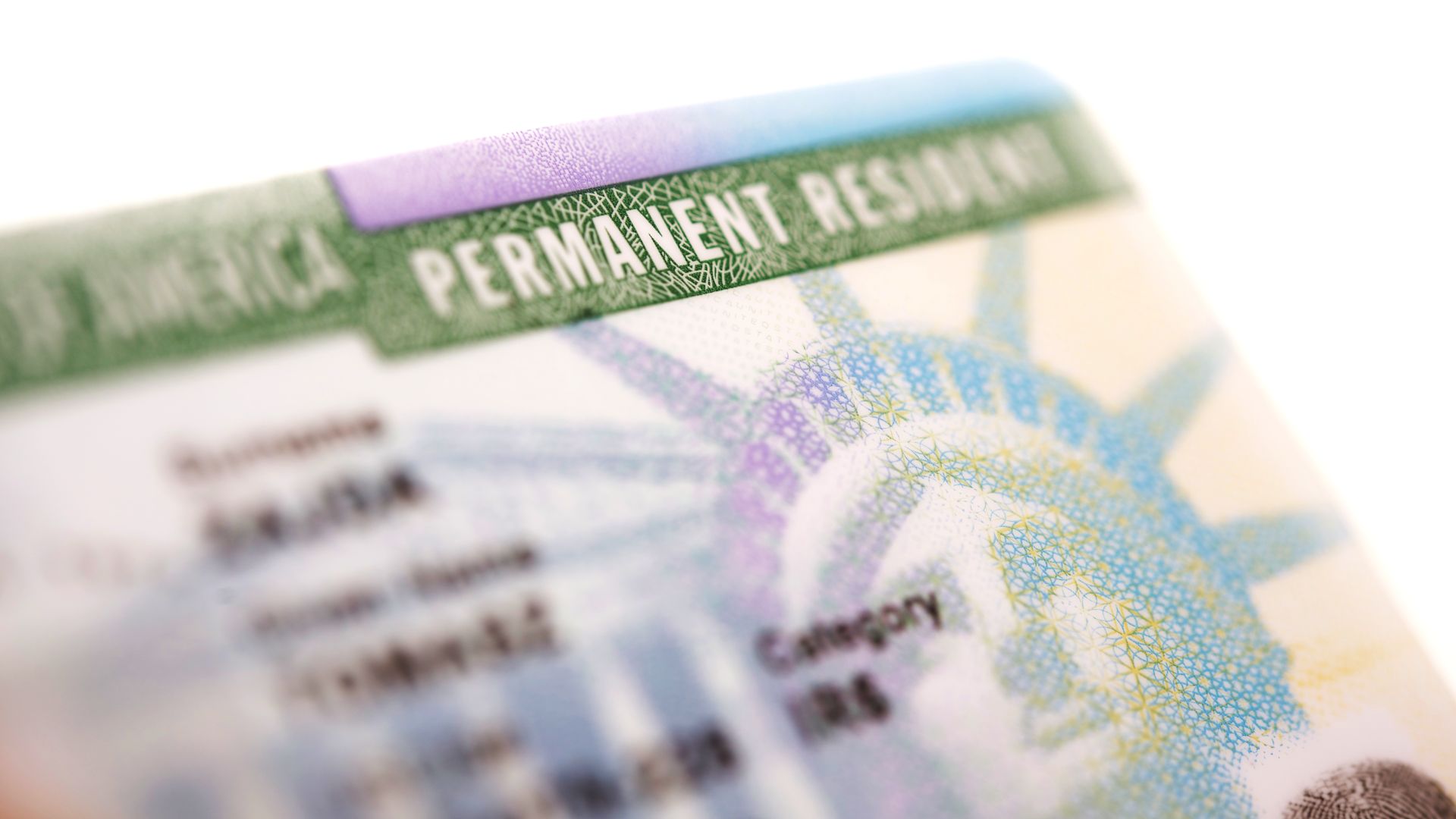Bringing your loved ones to the United States is a significant and heartfelt goal for many immigrants. Whether you’re looking to reunite with your parents or siblings, the U.S. immigration system provides pathways to make this possible. However, it’s important to understand the specific processes and requirements involved. This blog will guide you through the steps necessary to bring your parents or siblings to the United States.
Understanding the Immigration Categories
The U.S. Citizenship and Immigration Services (USCIS) classifies family-based immigration into two categories:
- Immediate Relatives: This includes spouses, unmarried children under 21, and parents of U.S. citizens. There are no annual limits on the number of visas issued in this category.
- Family Preference: This includes more distant family relationships, such as siblings of U.S. citizens. Unlike immediate relatives, there are annual limits on the number of visas issued under this category, which often leads to longer waiting times.
Bringing Parents to the United States
If you are a U.S. citizen aged 21 or older, you can petition to bring your parents to the United States as immediate relatives. Here’s how:
Step 1: File Form I-130 (Petition for Alien Relative)
- You’ll need to submit Form I-130 to the USCIS, along with proof of your U.S. citizenship and your relationship with your parents (e.g., birth certificate, proof of citizenship).
- A separate form is required for each parent.
Step 2: Wait for USCIS Approval
- Once you submit Form I-130, USCIS will process your petition. If approved, the petition is sent to the National Visa Center (NVC).
Step 3: Consular Processing or Adjustment of Status
- If your parents are outside the U.S., they will go through consular processing, where they apply for a visa at a U.S. Embassy or Consulate in their home country.
- If your parents are already in the U.S. legally, they can apply for an adjustment of status using Form I-485 to become permanent residents without leaving the country.
Step 4: Medical Examination and Interview
- Your parents will need to undergo a medical examination and attend an interview at the U.S. Embassy or Consulate (if outside the U.S.). During the interview, they will be asked questions about their relationship with you and their intentions in the U.S.
Step 5: Approval and Issuance of Green Card
- If all goes well, your parents will be issued an immigrant visa or granted adjustment of status. Once they enter the U.S. (if applying from abroad), they will receive their Green Card.
Bringing Siblings to the United States
Bringing siblings to the U.S. is more challenging and time-consuming than bringing parents. Only U.S. citizens, not Green Card holders, can petition for their siblings. Here’s the process:
Step 1: File Form I-130 (Petition for Alien Relative)
- As with parents, you must submit Form I-130 for each sibling, along with evidence of your U.S. citizenship and proof of your relationship (e.g., birth certificates showing at least one common parent).
Step 2: Wait for USCIS Approval
- After USCIS approves the petition, it will be sent to the NVC. However, because sibling visas fall under the Family Preference category, there is often a significant wait time due to annual visa caps.
Step 3: Priority Date and Visa Bulletin
- The approval of Form I-130 doesn’t mean your sibling can immediately immigrate to the U.S. Instead, they will be placed in line based on the petition’s priority date, which is when the I-130 was filed. You’ll need to monitor the Visa Bulletin, published monthly by the Department of State, to see when your sibling’s priority date becomes current.
Step 4: Consular Processing
- Once the priority date is current, your sibling will undergo consular processing if they are outside the U.S., or they may adjust their status if already in the U.S. on a different visa.
Step 5: Visa Issuance and Entry to the U.S.
- After the interview and medical examination, your sibling will receive an immigrant visa. Upon entry to the U.S., they will be granted permanent residency (Green Card).
Common Challenges and Considerations
- Lengthy Processing Times: Bringing siblings to the U.S. can take many years due to visa caps, especially for citizens of countries with high demand for U.S. visas (e.g., Mexico, the Philippines, India).
- Financial Requirements: As the petitioner, you must demonstrate that you can financially support your parents or siblings to prevent them from becoming public charges.
- Documentation: Ensure that all documents are accurate and complete. Any discrepancies can delay the process.
Alternatives and Additional Options
- Non-Immigrant Visas: While waiting, consider whether your parents or siblings might qualify for a temporary visa, such as a tourist (B-2) or student (F-1) visa.
- Legal Advice: Immigration law is complex, and each case is unique. Consulting with an immigration attorney can help navigate challenges and expedite the process.
Let Our Experienced Immigration Attorneys Guide You
Navigating the complex U.S. immigration system can be overwhelming, but you don’t have to do it alone. Our dedicated team of immigration attorneys has the expertise and experience to help you bring your parents or siblings to the United States smoothly and efficiently. Whether you’re just starting the process or facing challenges with your application, we’re here to provide personalized support every step of the way.
Contact us today for a consultation, and let us help reunite your family in the United States.








